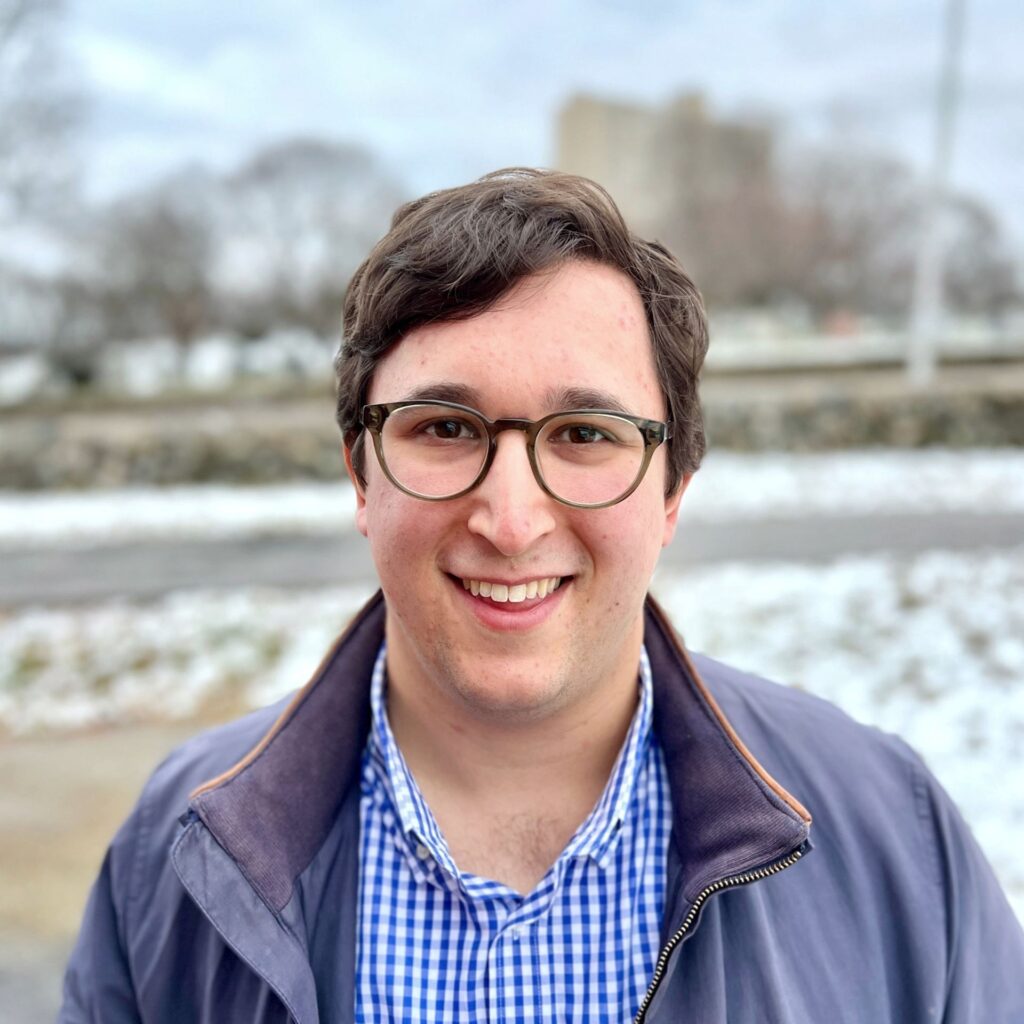SACRPH is a one-of-a-kind community that brings together scholars and practitioners. We are excited to showcase our members’ work and what SACRPH means to them.

Jacob Anbinder, Klarman Postdoctoral Fellow, Cornell University
What are you currently working on?
My book, NIMBY Nation: The War on Growth That Created Our Housing Crisis and Remade American Politics, due from Bloomsbury in fall 2027. The book answers two questions I kept encountering in my twenties. First, how did homes become so scarce and expensive for people my age? And second, why were my neighbors in places like Brooklyn and Cambridge, Massachusetts—some of the most ostensibly liberal people in the country—so opposed to building any more of them? NIMBY Nation shows how this isn’t just a story of Democrats being hypocrites or secretly acting in their economic self-interest. Instead, it has to do with the profound changes that American liberalism as a political ideology underwent after the nineteen sixties, particularly on the issue of whether urban growth was a goal consistent with liberals’ broader objectives, and how these changes set the stage for the housing crisis that we are all experiencing today.
What excites you most about your field right now?
As an urban historian who focuses first and foremost on politics, I’m excited to be part of a generation of scholars who have started to take liberalism seriously once again. Historians who came of age under Nixon and Reagan were disproportionately interested in the Republican Party, which seemed for a long time to wield outsize influence in American political life that was magnified by a handful of landslide victories in presidential elections. If liberals figured at all in these stories, they usually were portrayed as tacking to the right in a desperate attempt to stay relevant during an age of conservative dominance. But new scholarship has started to challenge this narrative and look at the ways in which Democrats remained a vibrant and politically successful party in their own right during those supposed dark years, in ways that drew on their New Deal roots while also reinventing liberalism to reflect the America of the eighties, nineties, and early twenty-first century.
Why did you join SACRPH?
I’ve always admired this profession for being a big tent—there are so many ways to “do history” that are rigorous and valuable. Under that tent, though, it’s nice to be able to sit at the same table as your relatives after you’ve spent enough time on the dance floor.

